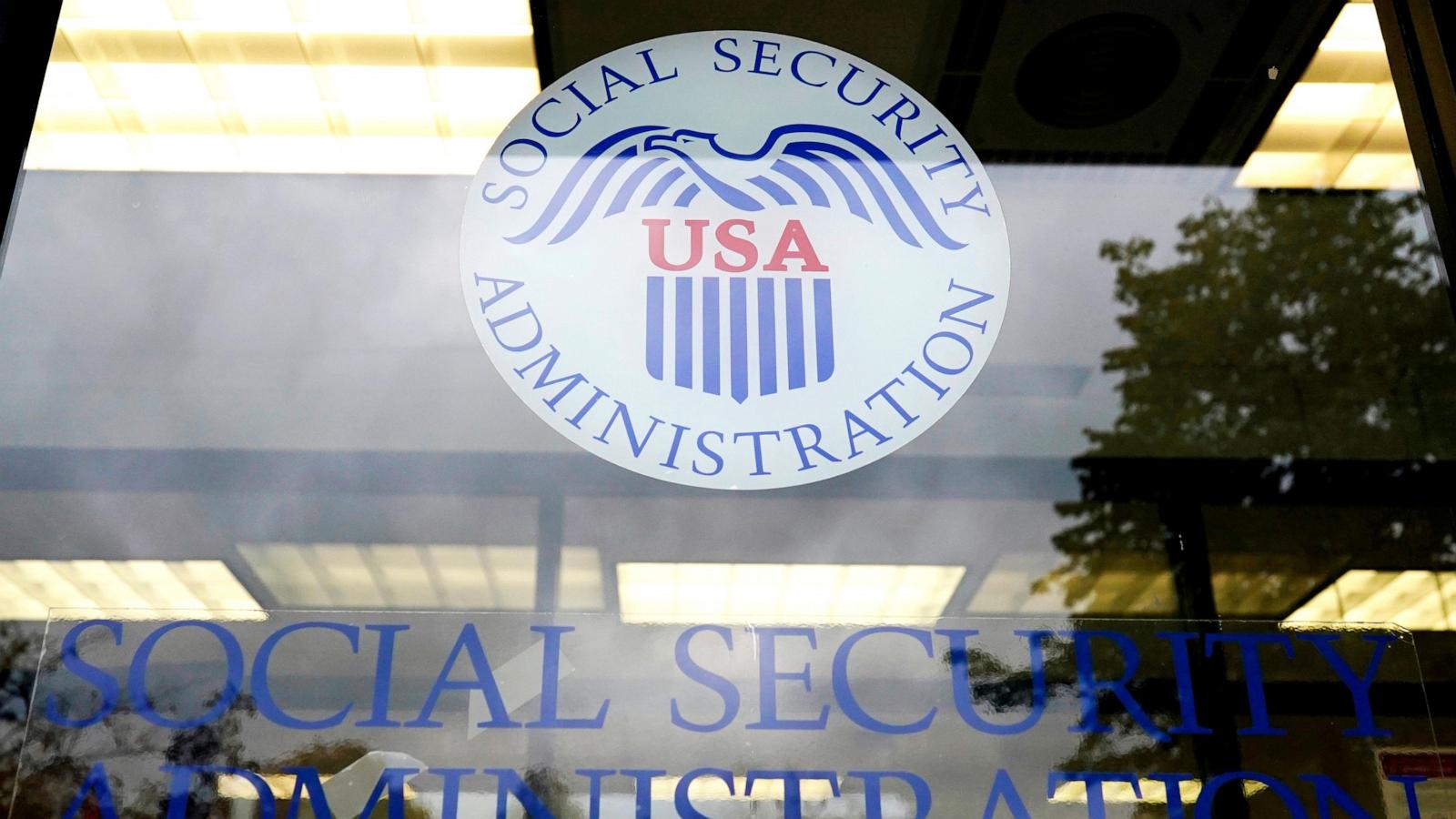Is Social Security Failing You? The Shocking Truth About Denied Benefits
Millions of Americans have been unknowingly denied their full Social Security benefits due to unfair loopholes in the system. This isn't a matter of error; it's a systematic issue affecting countless hard-working individuals who dedicated their careers to public service. Are you one of them? Discover how the Social Security Fairness Act aims to right this wrong and ensure you receive every penny you've earned. We'll delve into the specifics, unravel the complexities, and uncover the potential impact on your hard-earned retirement.
Understanding the Windfall Elimination Provision (WEP) and the Government Pension Offset (GPO)
The Windfall Elimination Provision (WEP) and the Government Pension Offset (GPO) are two notorious provisions within the Social Security system that unjustly reduce benefits for specific groups of retirees. These aren't minor adjustments; we're talking about significant reductions that can dramatically affect your retirement income. Let's break down how they impact you:
WEP: Penalizing Public Servants
The WEP unfairly penalizes individuals who worked in jobs with non-Social Security covered pensions, such as government or public service positions. Many devoted their lives to these essential jobs, only to receive a diminished Social Security payout despite paying into the system. This is not a mere calculation error; it's a calculated penalty impacting firefighters, teachers, police officers, and countless other public servants who deserve recognition and a full benefit.
GPO: Double Jeopardy for Surviving Spouses
Surviving spouses who also receive a government pension experience another level of injustice with the GPO. The GPO reduces the survivor's Social Security benefit by a percentage of their government pension. This can leave already vulnerable surviving spouses in dire financial straits, questioning the system’s very fairness. It's akin to being penalized twice for dedicating their life to public service and/or for the loss of their partner.
The Social Security Fairness Act: A Potential Solution
The Social Security Fairness Act aims to bring fairness and equity back to the Social Security system. The proposal is clear: Repeal the WEP and GPO. This means eliminating the unfair reductions many retirees are forced to endure, especially those who contributed to public services and organizations. This simple yet powerful change can make a world of difference in securing many Americans' financial futures and ensuring they can retire with dignity and security.
Bipartisan Support for the Social Security Fairness Act
The bill passed the House with bipartisan support and has garnered significant support from both sides of the aisle in the Senate. Even with budgetary concerns, numerous senators are pushing for a vote, recognizing the fundamental fairness this legislation would bring. Lawmakers understand that it's unjust for public servants to be penalized for their dedicated years of service.
Long-term implications of the proposed act
While the cost of the Social Security Fairness Act is projected to increase federal deficits in the short term, many argue it’s a necessary cost to rectify decades of unfair practices. Supporters point to the value of maintaining faith in the social security system; showing people they can rely on it and it won’t unfairly reduce their income.
Will it Pass? The Road Ahead
Currently, the bill requires the support of at least 60 senators to overcome a filibuster and proceed to the President's desk for approval. The momentum to get the required votes and support to secure its approval and pass legislation is there, with numerous Senators expressing support. While obstacles remain, it stands a high chance of clearing the final hurdle. A final decision will be determined soon and could shape the retirement landscape for millions of Americans.
Take Away Points
- Millions of Americans are facing unfair benefit reductions due to the WEP and GPO.
- The Social Security Fairness Act seeks to eliminate these unfair practices.
- This proposed bill has significant bipartisan support. It has passed the House and is awaiting action in the Senate.
- The bill is set to undergo a final vote soon, potentially improving many retirees’ financial futures.
- Passing the Act would mean more benefits for the elderly while increasing pressure on the social security system budget.




